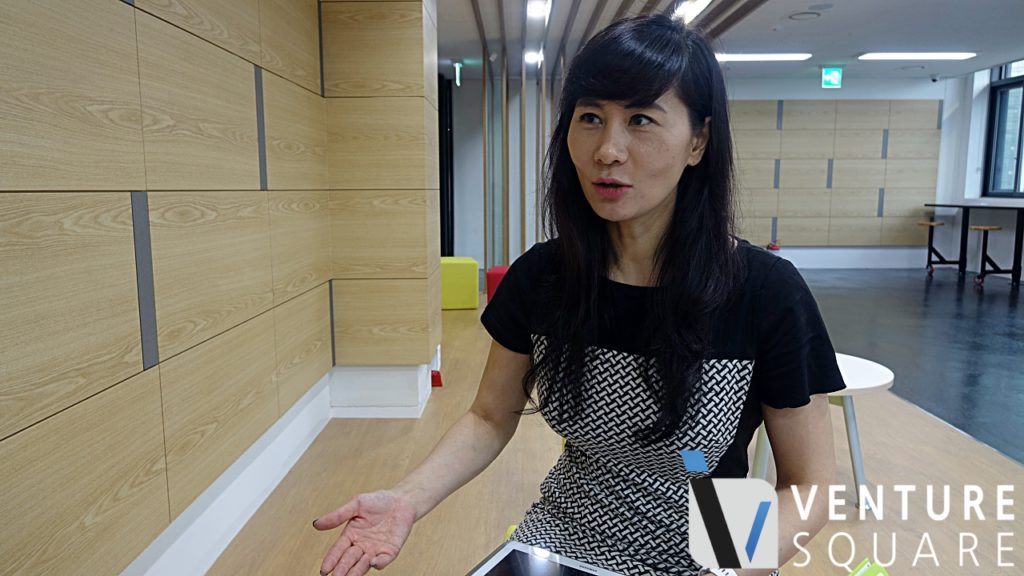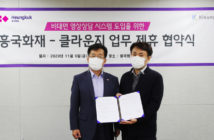Following several failed attempts after the release of smartphones, virtual reality and augmented reality are now finally taking off in earnest. In Korea, the VR industry is a lot bigger than AR. Victoria Han, CEO of Victoria Productions, explains that it’s no exaggeration to say that augmented reality is nearly nonexistent in Korea. This differs from other countries where the AR market is ten times larger than VR.
Han visited Korea five years ago for the first time in fifteen years and says that she was shocked that developers were mostly focusing on VR. One possible reason for this is due to government funding and the influence organizations providing financial support have. Despite the success of the AR-based Pokemon Go, making VR games with Korean characters was seen as having more potential.
Victoria Productions brings books to life
Victoria Productions is an edutech startup based in New York that creates AR content for books. While content and models are created in the US, the company is also focusing on the development of educational ebooks for the Korean market. Han used her experience gained while working at bookstore chain Barnes & Noble as she began applying the technology to books.

“The first language teaching resource for children that I made were stickers that could be attached to items around the house with names written on them for easy recognition. However, one unexpected problem was that the kids couldn’t read yet. Images were a way around this that made recognition of objects far easier.”
It was through this that Han came to design ebooks that displayed 3D graphics of objects and characters using augmented reality. Soon after getting started Han was on a roll, and developed titles like ‘Lululala’ that plays videos when a photo of a page is taken with a smartphone, and ‘Toto’, the world’s first ebook that combines both AR and VR technology.
“My goal is creating the world’s first AR platform,” says Han. “And having carried out more than 20 seminars over the year on ‘Why we should use AR’ can be seen as the cornerstone for building such an ecosystem.”
Victoria Productions’ already has 650 apps registered on both Google Play and the App Store. 150 of these are AR books, with another 40 planned for release by the end of this year.

Content on the AR books just as fast as a QR code, and books supporting VR can also be viewed even without an HMD (head mounted display) through 360 video. It’s said that a country needs a smartphone penetration rate of 80% for augmented reality to be competitive as a business. According to statistics from 2015, 83% of Koreans used a smartphone, the fourth highest in the world. It was this statistic that brought Victoria Han back to Korea in 2011.
While AR may now be well known thanks to Pokemon Go, when Han first returned to her homeland, she considered using Pororo with technology — a widely recognized children’s character in Korea. This was easier said that done, as royalties for using the intellectual property were far too high for a smaller business to take on.

Han says that many companies are still closed-minded when it comes to platforms of a different type. Han says that a lack of understanding about integrating different genres is a major problem in the Korean market. “There seems to be a strong tendency to try and stay out of each other’s industry and not step on each other’s toes.”
Han’s latest project aims to help promote Korean technologies in the US and global markets and will set up a space for Korean startups in their New York office. As well all know, Silicon Valley is already oversaturated with startups, but now New York is rising as a hotspot with locations like Silicon Alley in Manhattan and even industrial areas in Brooklyn seeing rejuvenation with young entrepreneurs.
“We will act as a bridge for startups from Korea to successfully enter that US market,” says Han.






